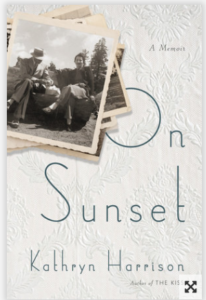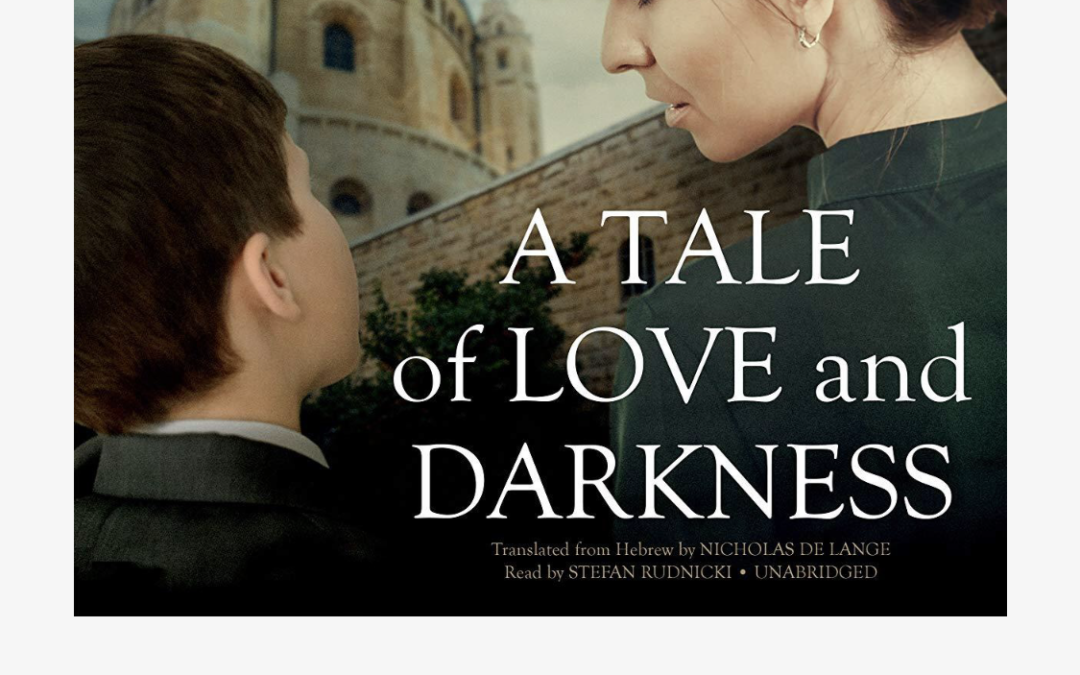Assymmetry, by Lisa Halliday
Happy Spring Solstice! The full moon was huge this morning. Ozzie and I had a lovely walk. I’ve been reading (which is mainly listening to audio books as I walk Ozzie) but my “writing time” has largely been “work time” or “entertaining time” or “traveling time.” As my goal for 2019 is to record all I read on this blog, I’m going to try to catch up in one post.
Asymmetry, by Lisa Halliday. An amazing book In three distinct parts. The first part is a story of a relationship between a 20-something young woman and a 70-something old man at different points in their love lives and writing careers. What stands out is that there doesn’t seem to be a discomfiting power imbalance between the two of them. Published in 2018 and not centered on me-too. They joke, they eat, have sex, write, watch baseball, struggle with their various issues independently and together. Halliday is witty and sensitive to both of them. In section #2, an Iraqi-American man is held in limbo in Heathrow Airport while the British customs agents try to figure out if he might be a terrorist, or a terrorist-to-be. This character, too, is sensitive and reflects on politics, his life choices to date, and his family. Section 3 features the 70-something writer, this time being interviewed a British radio station. While some book reviewers found this coda the best part of the book, for me the best part of it was a compilation of musical pieces purportedly the character’s choices. Not so much deep or haunting, but engaging. Halliday’s next will definitely be on my list.


